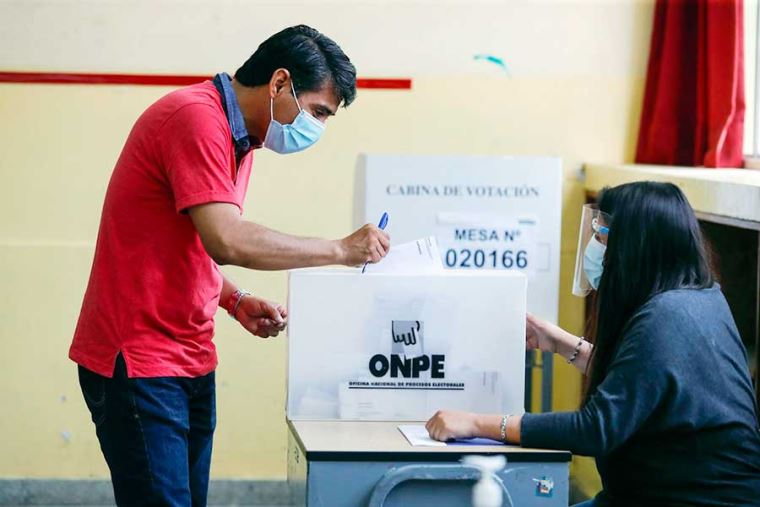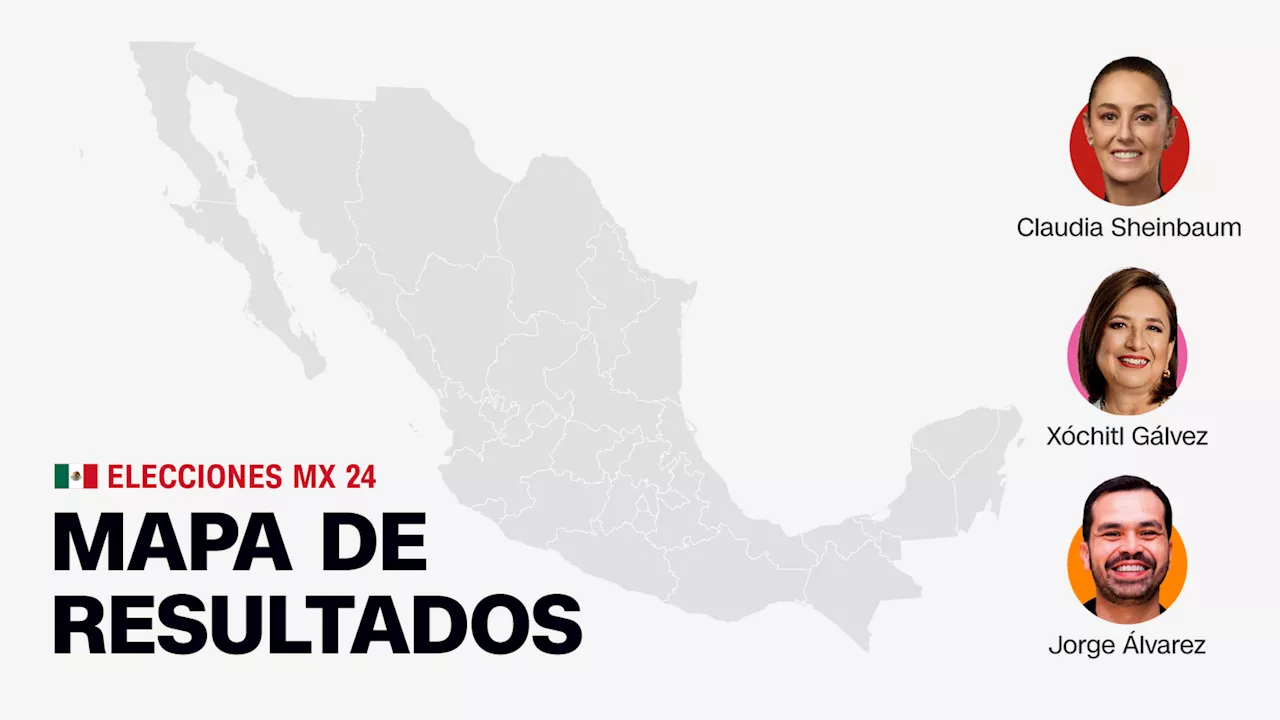How To Find Out If Someone Voted In The 2024 Elections
With the 2024 elections approaching, many individuals are curious about how to verify if someone participated in the voting process. The right to vote is a fundamental pillar of democracy, and understanding voter participation can have significant implications. Whether for academic research, personal interest, or legal reasons, this guide will help you navigate the process of determining if a person voted in the 2024 elections.
Verifying voter participation is not only a matter of curiosity but also a reflection of transparency and accountability in democratic processes. In the United States, voter records are maintained by state election authorities, and access to these records is governed by specific laws and regulations. This article will explore the legal framework, available resources, and practical steps to find out if someone voted in the 2024 elections.
Understanding the intricacies of voter verification is essential for anyone seeking accurate information. By the end of this guide, you'll have a comprehensive understanding of the tools, processes, and ethical considerations involved in this inquiry. Let's dive in and uncover the answers you're looking for.
Read also:Where Is Jeffrey Dahmer From A Deep Dive Into The Infamous Serial Killers Origins
Table of Contents
- Understanding the Basics of Voter Verification
- Legal Framework for Voter Record Access
- State-by-State Differences in Voter Record Availability
- Step-by-Step Process to Verify Voter Participation
- Privacy Considerations When Accessing Voter Records
- Tools and Resources for Voter Record Research
- Common Mistakes to Avoid in Voter Verification
- Ethical Issues Surrounding Voter Record Access
- Future Trends in Voter Verification Technology
- Conclusion and Next Steps
Understanding the Basics of Voter Verification
Before diving into the specifics, it's crucial to understand what voter verification entails. Voter records are maintained by state election authorities and typically include information such as name, address, date of birth, and voting history. These records are used to ensure the integrity of the electoral process and prevent voter fraud. However, accessing these records is subject to strict regulations.
Keyword: voter verification involves checking official records to confirm whether an individual participated in an election. This process is governed by federal and state laws, ensuring that only authorized entities can access sensitive information.
In the context of the 2024 elections, voter verification has gained prominence due to increased interest in electoral participation. As more citizens engage in the democratic process, understanding how to verify voter participation becomes increasingly important.
What Information is Included in Voter Records?
Voter records typically include:
- Name of the voter
- Residential address
- Date of birth
- Party affiliation (in some states)
- Voting history, including dates of past elections
While this information is valuable for verifying participation, it is also sensitive and must be handled with care.
Legal Framework for Voter Record Access
The legal framework surrounding voter record access is complex and varies by jurisdiction. In the United States, the Freedom of Information Act (FOIA) and state-specific public records laws govern the availability of voter records. These laws balance transparency with privacy concerns, ensuring that voter information is not misused.
Read also:Shilpa Shetty Pron A Comprehensive Guide To Her Life Career And Achievements
Under federal law, voter records are generally considered public information, but access is restricted to authorized purposes such as academic research, journalistic investigations, or political campaigns. Unauthorized use of voter records can result in legal consequences.
State Laws and Regulations
Each state has its own laws regarding voter record access. Some states allow broader access, while others impose strict limitations. For example:
- California: Voter records are available to registered political parties and candidates.
- Texas: Voter records can be accessed for legitimate purposes, but sensitive information like social security numbers is redacted.
- New York: Voter records are accessible for research purposes, but strict confidentiality agreements must be signed.
Understanding these variations is essential for anyone seeking to verify voter participation.
State-by-State Differences in Voter Record Availability
While federal law provides a general framework, state laws play a crucial role in determining the availability of voter records. These differences can significantly impact the process of verifying voter participation. Below are some key distinctions:
States with Open Access
Certain states provide relatively open access to voter records:
- Florida: Voter records are publicly available and can be purchased from the state.
- North Carolina: Voter records are accessible for legitimate purposes, with minimal restrictions.
States with Restricted Access
Other states impose stricter limitations:
- Illinois: Voter records are only available to political parties and candidates.
- Washington: Voter records are accessible, but personal information like phone numbers is redacted.
These variations highlight the importance of understanding local regulations when verifying voter participation.
Step-by-Step Process to Verify Voter Participation
Verifying if someone voted in the 2024 elections involves several steps. Below is a comprehensive guide to help you navigate this process:
Step 1: Identify the Jurisdiction
Determine the state or county where the person resides, as voter records are maintained at the local level.
Step 2: Contact the Local Election Office
Reach out to the local election office or visit their website to learn about the process for accessing voter records. Many offices provide online portals for verified requests.
Step 3: Submit a Formal Request
Prepare a formal request letter or use the provided online form. Include necessary information such as the name, address, and date of birth of the individual in question.
Step 4: Pay Any Required Fees
Some states charge fees for accessing voter records. Ensure you are aware of these costs before proceeding.
Step 5: Review the Records
Once the request is processed, review the records to confirm voter participation. Pay attention to the dates of past elections to verify participation in the 2024 elections.
Privacy Considerations When Accessing Voter Records
Privacy is a critical concern when accessing voter records. While these records are public information, they contain sensitive personal data. Responsible handling of this information is essential to protect individual privacy.
Keyword: privacy considerations include ensuring that voter records are used only for authorized purposes and that sensitive information is not disclosed unnecessarily. Unauthorized dissemination of voter data can lead to identity theft or other harmful consequences.
Best Practices for Protecting Voter Privacy
To safeguard voter privacy, follow these best practices:
- Use voter records solely for authorized purposes.
- Redact sensitive information before sharing records with others.
- Store voter data securely to prevent unauthorized access.
By adhering to these guidelines, you can ensure that voter verification is conducted ethically and responsibly.
Tools and Resources for Voter Record Research
Several tools and resources are available to facilitate voter record research. These resources can streamline the verification process and provide accurate information:
Online Voter Record Portals
Many states offer online portals where individuals can request voter records. These platforms often provide detailed instructions and forms for submitting requests.
Third-Party Databases
Some third-party services aggregate voter records from multiple states, offering a centralized resource for research. However, it's important to verify the credibility of these services and ensure compliance with legal requirements.
Public Records Requests
Submitting a public records request directly to the state or local election office remains the most reliable method for accessing voter records. This process ensures that you receive accurate and up-to-date information.
Common Mistakes to Avoid in Voter Verification
When verifying voter participation, several common mistakes can hinder the process. Avoiding these pitfalls will help ensure a successful verification:
- Ignoring State-Specific Regulations: Each state has unique rules governing voter record access. Failing to account for these differences can result in denied requests.
- Overlooking Required Documentation: Many states require specific documentation to accompany voter record requests. Ensure you have all necessary forms and information before submitting your request.
- Violating Privacy Guidelines: Misusing voter records can lead to legal consequences. Always adhere to privacy guidelines and use records responsibly.
Ethical Issues Surrounding Voter Record Access
Accessing voter records raises important ethical questions. While transparency is a cornerstone of democracy, it must be balanced with respect for individual privacy. Ethical considerations include:
Responsible Use of Voter Data
Voter records should only be used for legitimate purposes, such as academic research or political campaigns. Misusing this information for personal gain or harassment is unethical and potentially illegal.
Protecting Vulnerable Populations
Certain groups, such as domestic violence survivors, may have valid reasons for keeping their voting information private. Ethical practices ensure that these individuals' privacy is respected.
Future Trends in Voter Verification Technology
Advancements in technology are reshaping the landscape of voter verification. Emerging trends include:
- Blockchain Technology: Blockchain offers secure and transparent methods for maintaining voter records.
- Artificial Intelligence: AI can enhance the accuracy and efficiency of voter verification processes.
- Biometric Authentication: Biometric data, such as fingerprints or facial recognition, may play a role in future voter verification systems.
These innovations have the potential to improve the integrity and accessibility of voter records while safeguarding privacy.
Conclusion and Next Steps
Verifying if someone voted in the 2024 elections requires a thorough understanding of the legal framework, state-specific regulations, and ethical considerations. By following the steps outlined in this guide, you can navigate the process effectively and responsibly. Remember to prioritize privacy and use voter records only for authorized purposes.
We encourage you to share this article with others who may find it useful. For more information on voter verification and related topics, explore our other resources on the site. Your feedback and questions are always welcome in the comments section below.
CNE Cédula Consultation: A Comprehensive Guide To Understanding And Accessing Your Venezuelan ID
Who Is The Tallest Man In Turkey? Discovering The Life And Legacy Of Sultan Kösen
The Age Of Sultan Kösen: A Remarkable Journey Through The Life Of The World's Tallest Man

Como Saber Donde Voto 2021 Peru Elecciones Presidenciales 2021

Cuando Son Las Elecciones 2024 En Puerto Rico Stace Serene

Resultados De Las Elecciones 2024 Mcm Timmy Tallulah